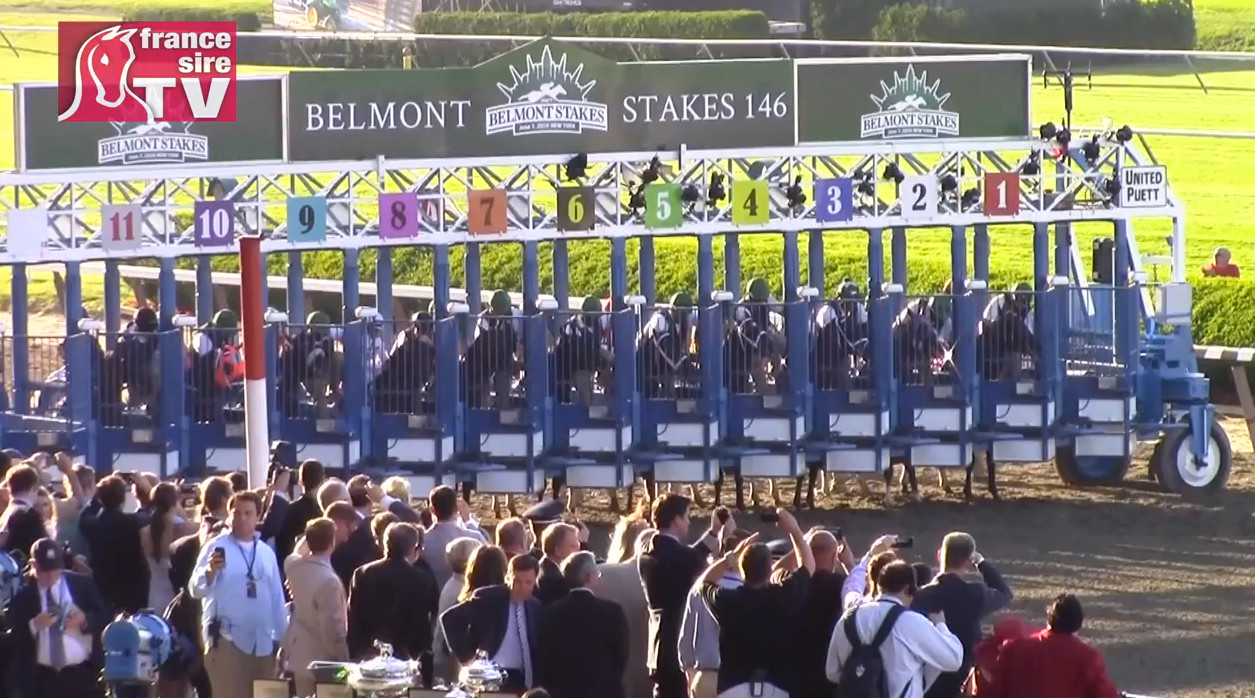Belmont meetings set for March 22
ESD schedules a pair of public meetings
Public discussion about Belmont Park is about to begin in earnest, with two meetings at Elmont Memorial Library set for March 22. Meanwhile, the firm subcontracted by Arena Development Partners is slated to begin its state-required Environmental Impact Statement of the site and surrounding area this month.
Until now, the discussions mandated under New York’s Urban Development Corporation Act have been limited to a small group of community members and local elected officials nominated by local elected officials — state senators, Assembly members and county legislators. The meetings were closed to press and public alike. Representatives of a number of community groups and civic associations wrote the Empire State Development Corp. to protest the “lack of transparency,” according to one of the letters, dated Feb. 13, but until recently, the complaints went largely unanswered.
Among the concerns was the question of whether such private meetings met conditions set forth in the Urban Development Act, which mandates active and open community participation and discussion in the planning process, as well as active support by the developer for any projects undertaken by the community.
The “scoping sessions,” as Empire State Development is calling them, will be open to all, and will take place in two sessions: from 3:30 to 5:30 p.m. and 6:30 to 8:30 p.m. The purpose of the discussion, however, is not to gauge community support for the project as a whole, or to elicit comments on it. ESD officials want to inform the community of the scope of the environmental impact study — what will be studied and why — and the progress so far.
The study is being carried out by New York-based AKRF. The firm was contracted in September, and has worked in tandem with Sterling Project Development before, most notably on the NY Mets’ Citi Field. Sterling is the lead developer for the arena.
Both the EIS and risk assessments carried out by potential lenders would include sections on community support or opposition to the project. And it is not only the citizens of Elmont who are concerned that their voices are not being heard. Floral Park Mayor Dominick Longobardi and State Sen. Elaine Phillips have also expressed reservations about the impact of the project on Floral Park’s lifestyle. The north side of Belmont Park is in Longobardi’s village.
Gov. Andrew Cuomo has said he expects the project to be online in time for the New York Islanders’ first home game in the fall of 2021. To meet that objective, the EIS must be completed no later than 15 months from now. This assumes a construction schedule for the arena and related facilities of 24 months. Such an aggressive time frame is in line with other projects overseen by Sterling, but it also assumes the EIS will not identify any obstacles, and that the project itself will go off without a hitch.
Discussion in recent months, primarily in the press, has focused on issues of infrastructure; whether the Islanders might eventually come back to their former home at the Nassau County Veterans Memorial Coliseum; and how the deal was struck to lease the 43-acre site on which the arena will sit for what many felt was a nominal fee.
Many fans would like to see the Islanders return to their longtime home at the Coliseum. When the team left in 2015, the arena was refurbished at a cost of $165 million. Even after the renovation, however, National Hockey League officials consistently said the venue was no longer suitable for hockey games, but without elaborating.
Much has also been written about the lease on the plot where the arena will stand. An article in the March 5 edition of the Village Voice suggested that a deal had been done in secret, and that Arena Partners had gotten the land at a greatly deflated value — essentially a giveaway.
In fact, no contract has yet been executed for the land, according to ESD spokeswoman Amy Varghese. Arena Partners and ESD have a conditional agreement, but no documents have been signed, and no money has changed hands, she said. Any actual lease agreement could only be executed after the EIS is completed. At that time, an independent valuation of the property would be carried out, and the terms of the contract for the project would be finalized, Varghese said.







